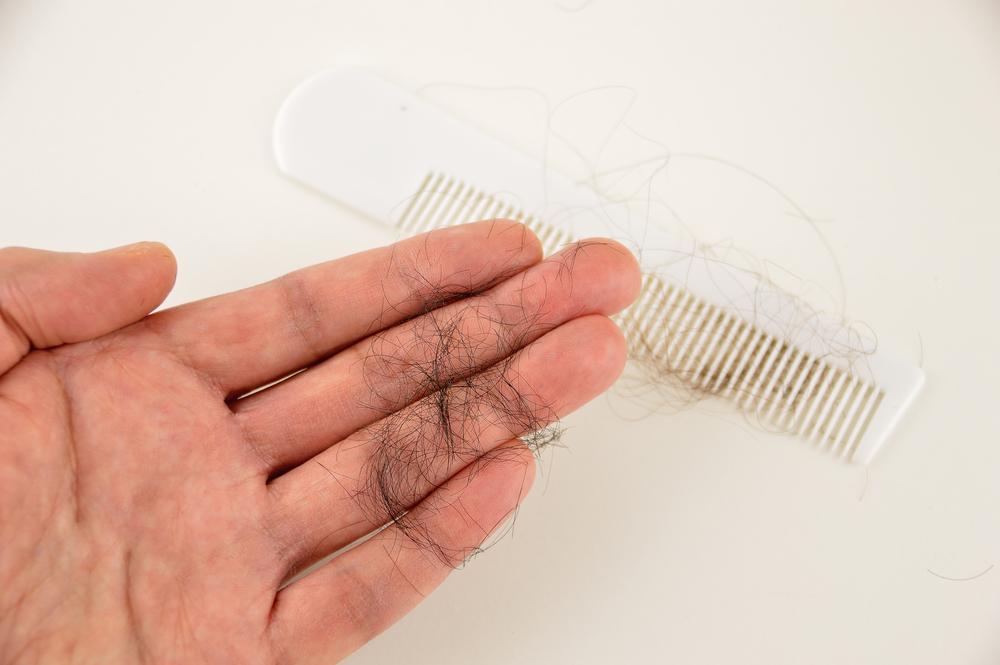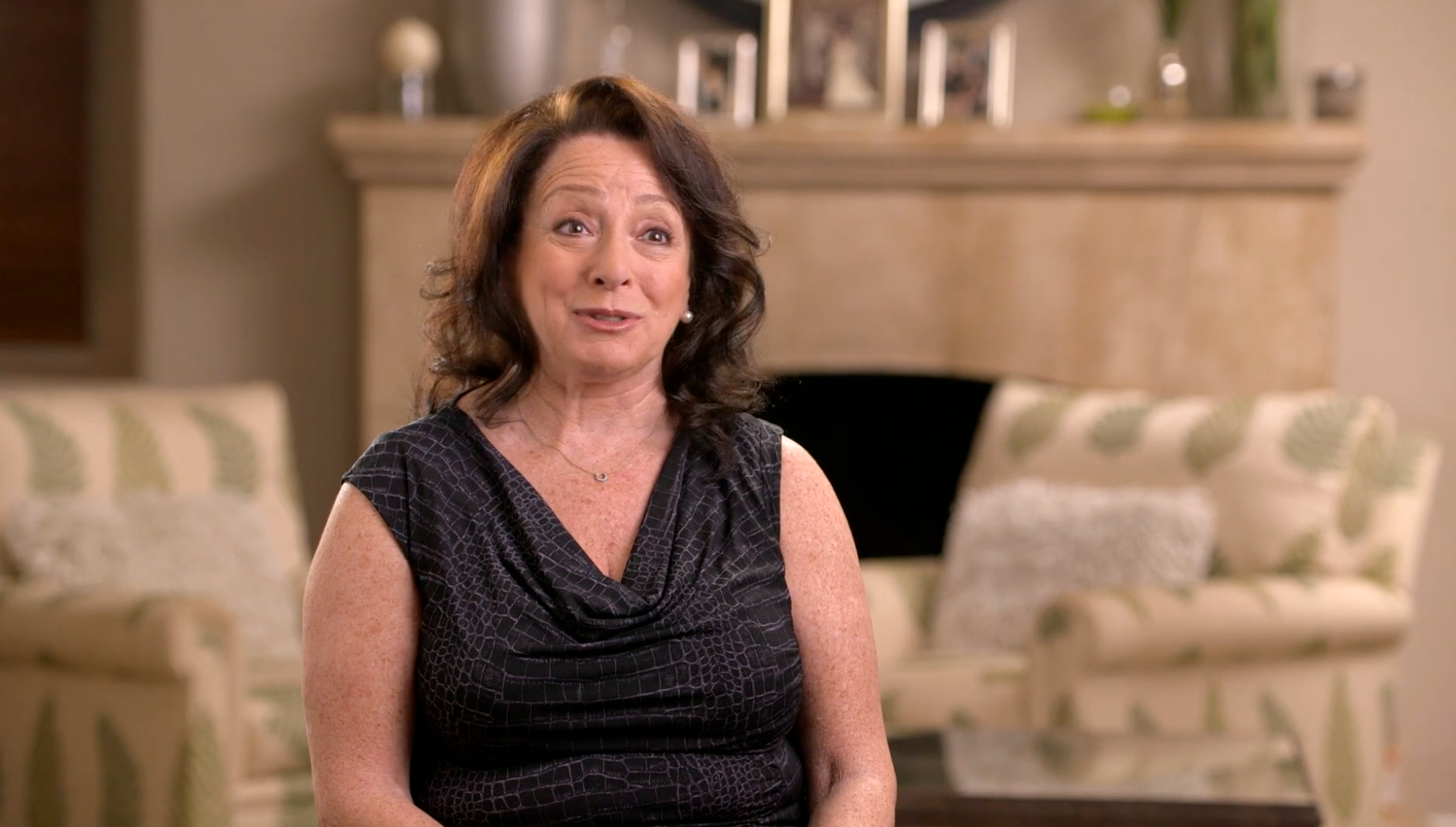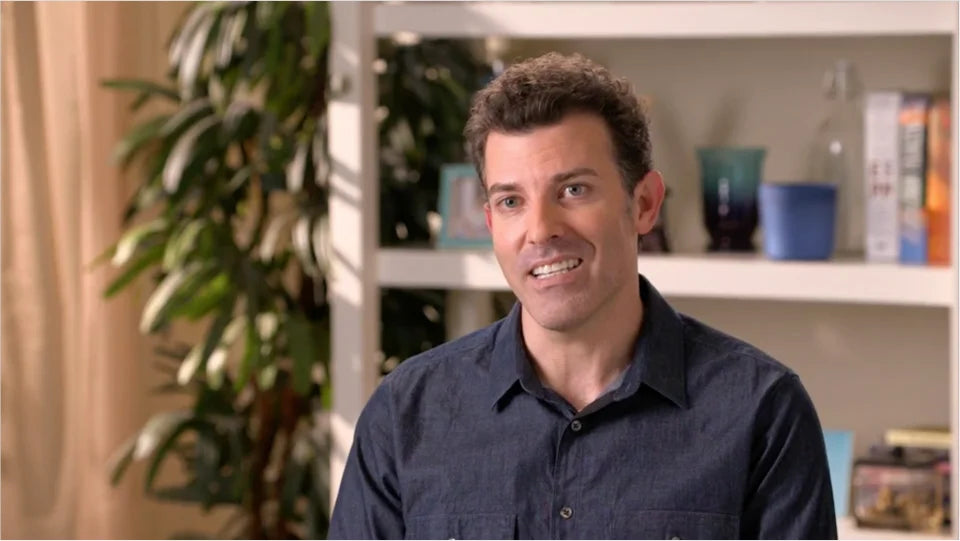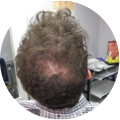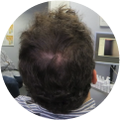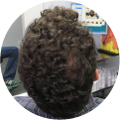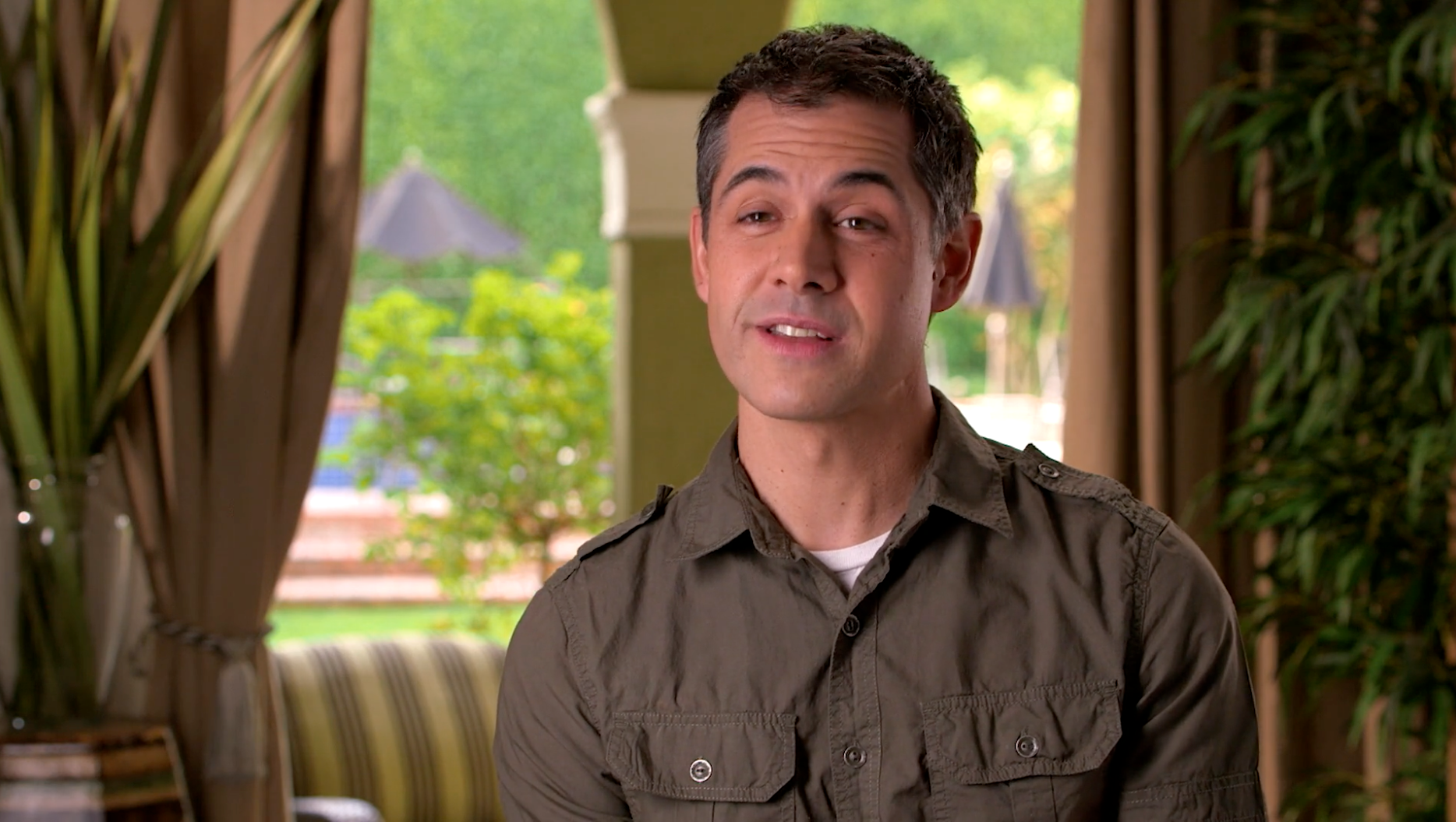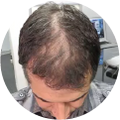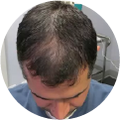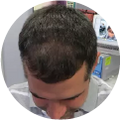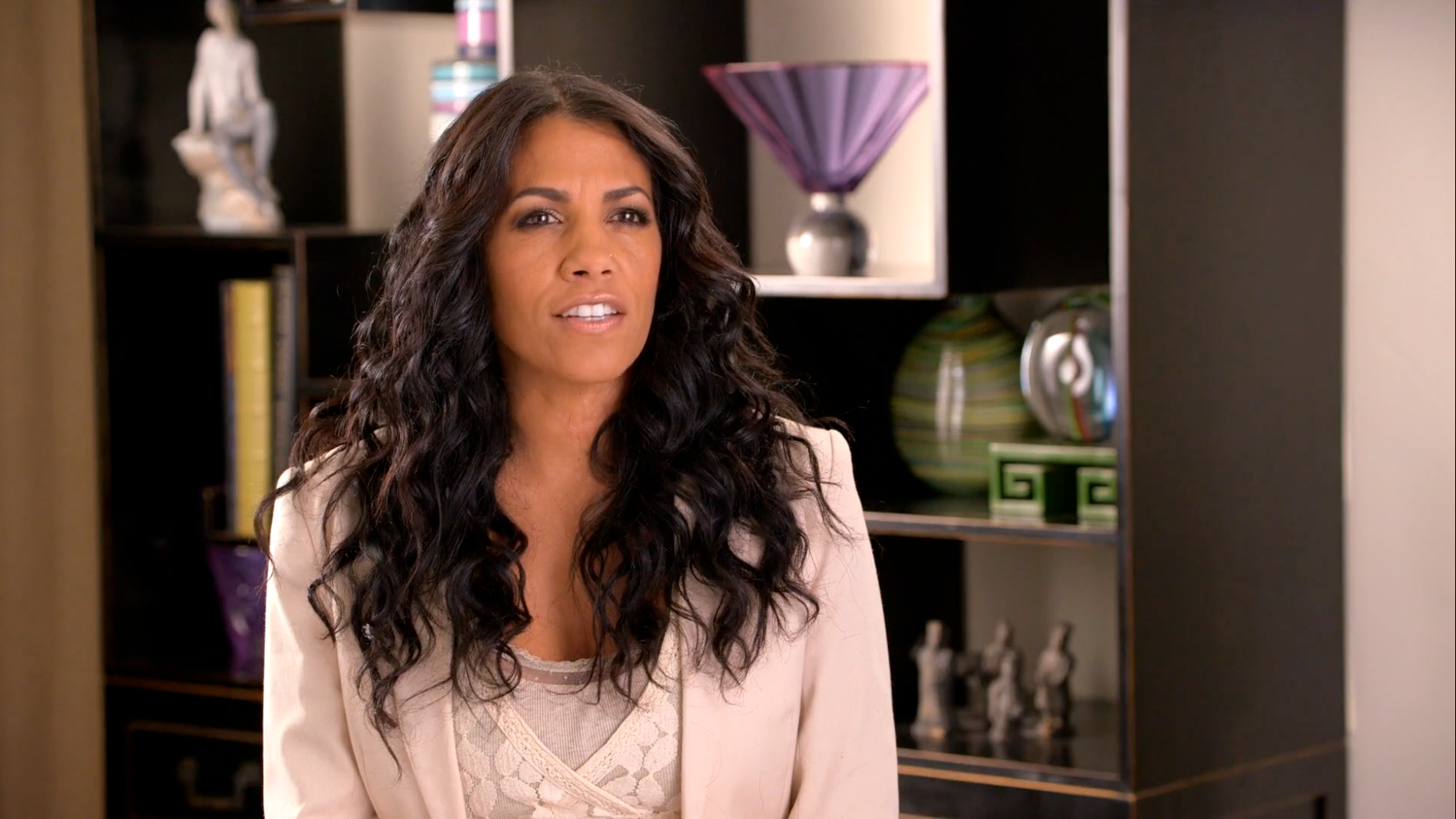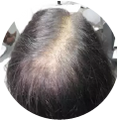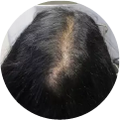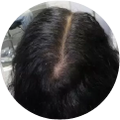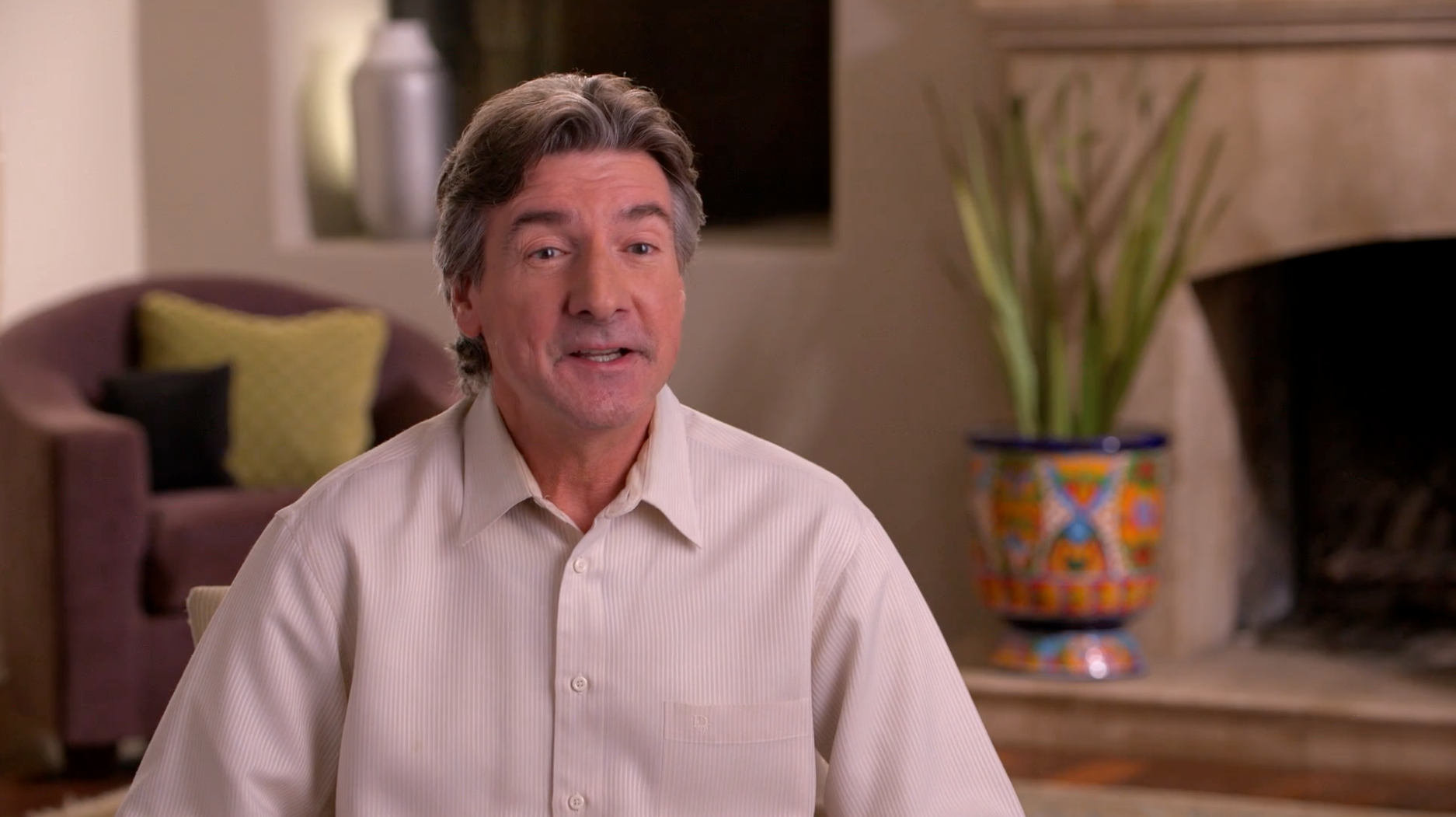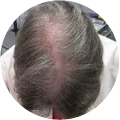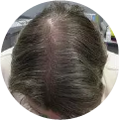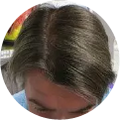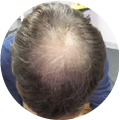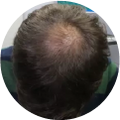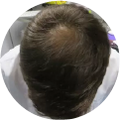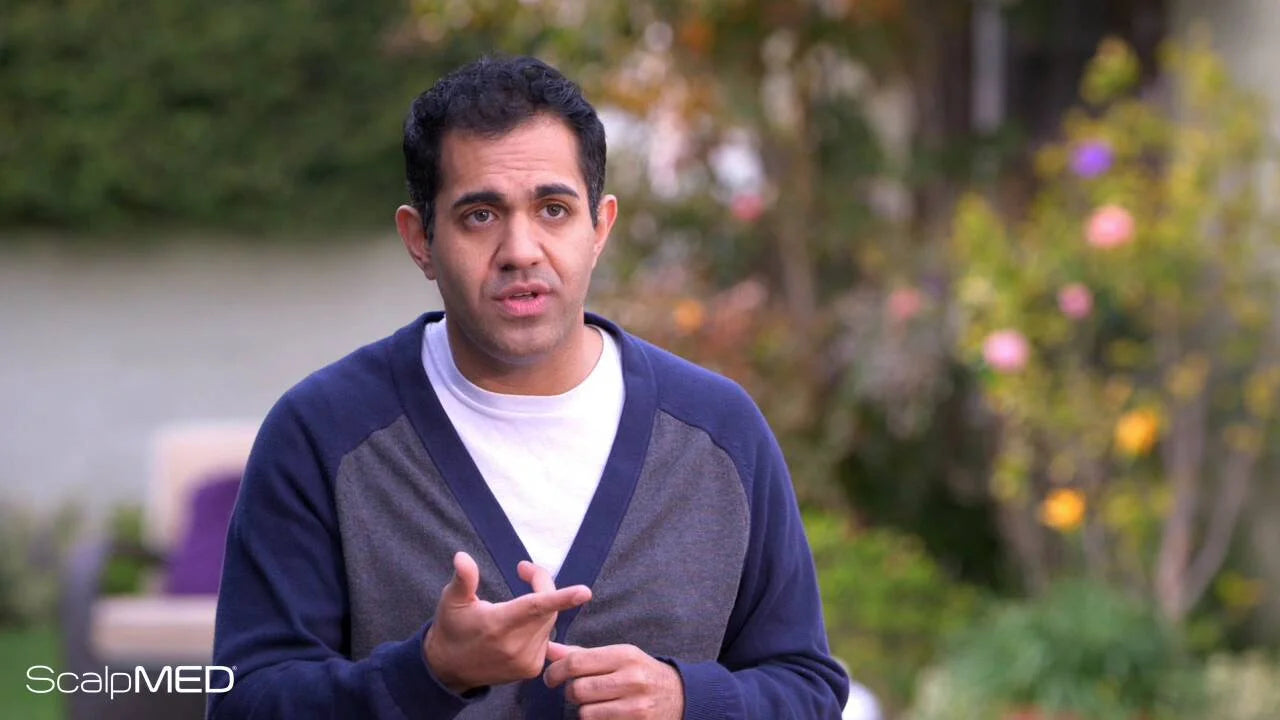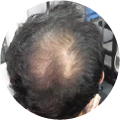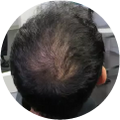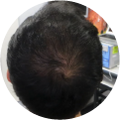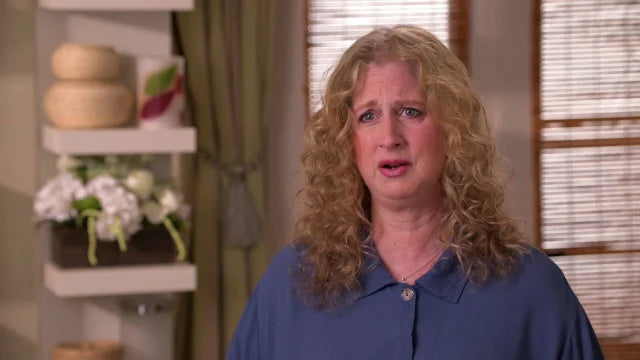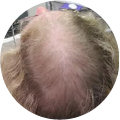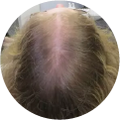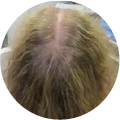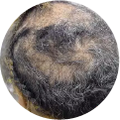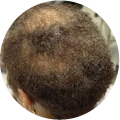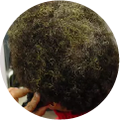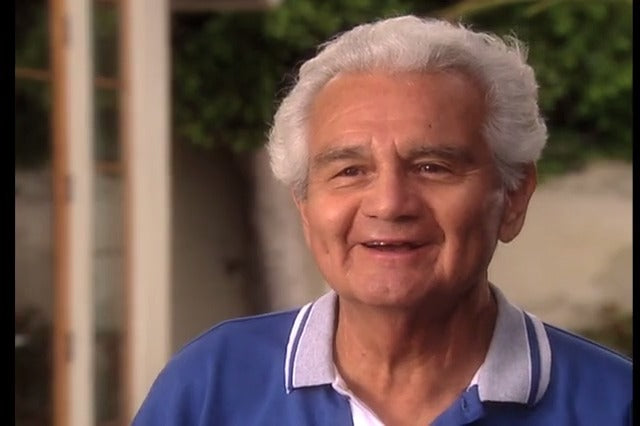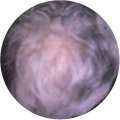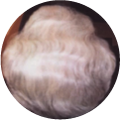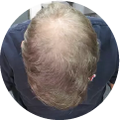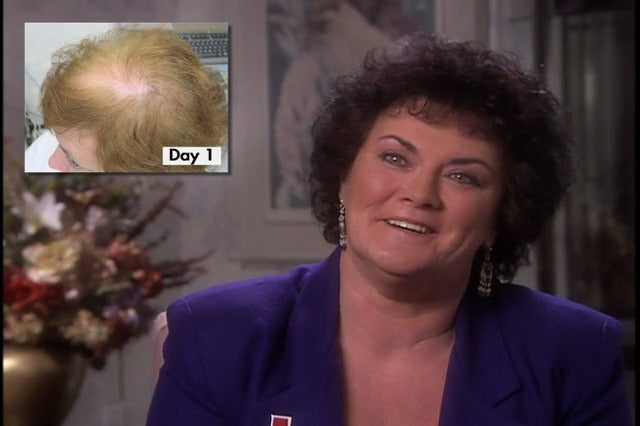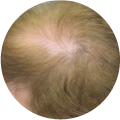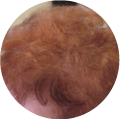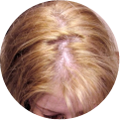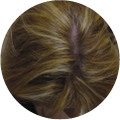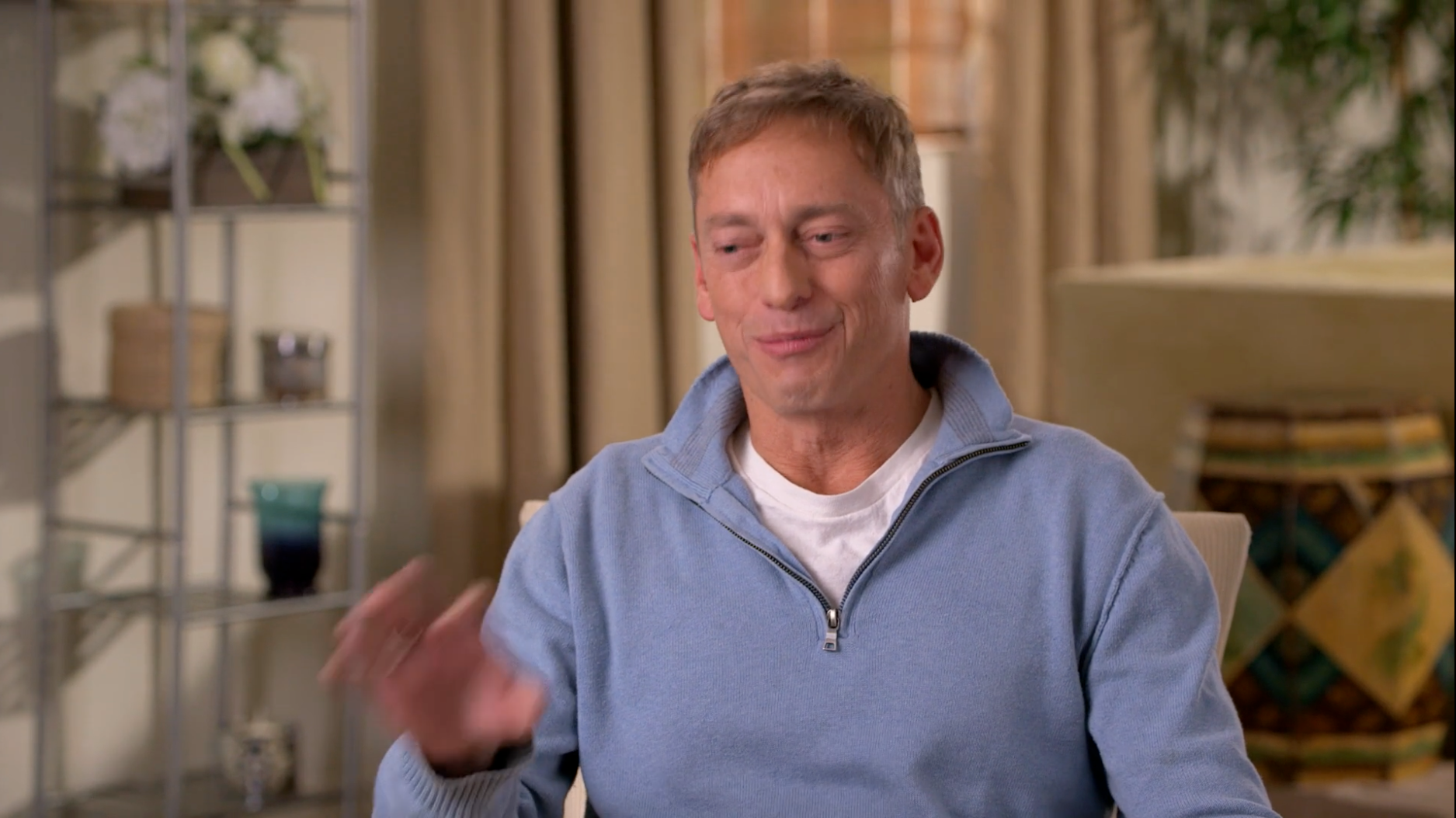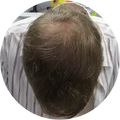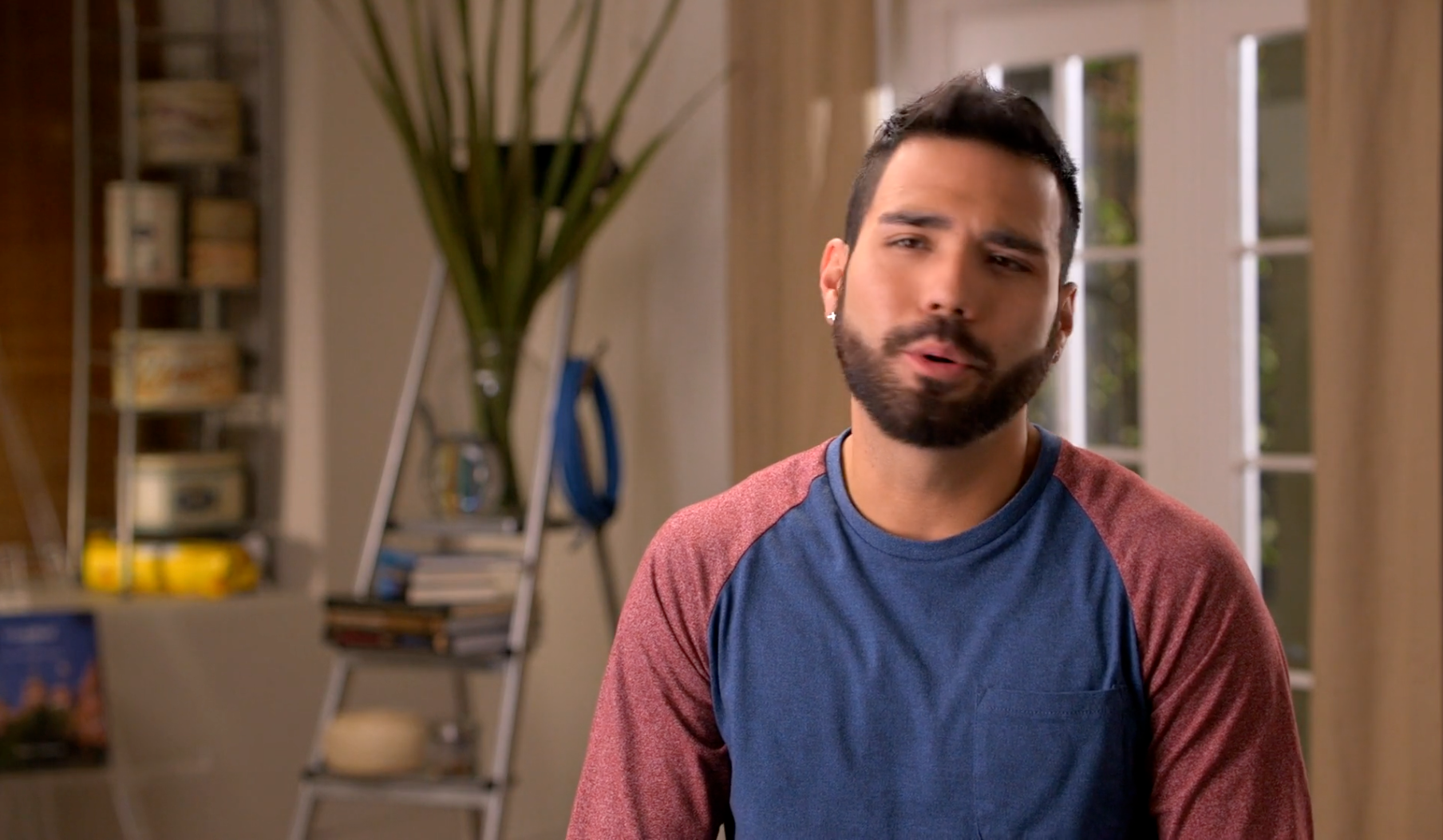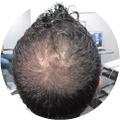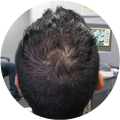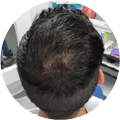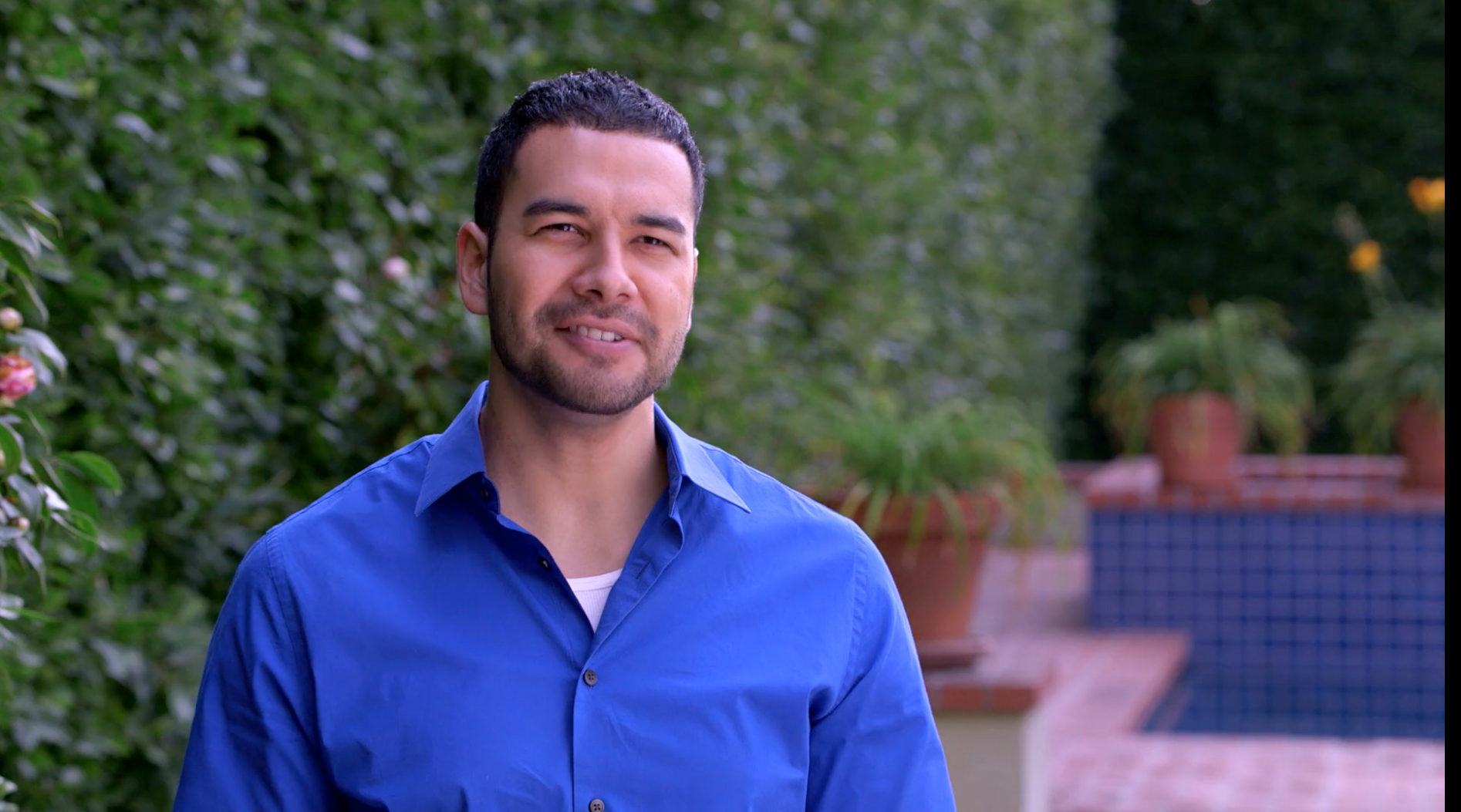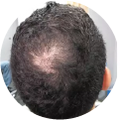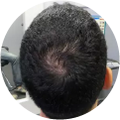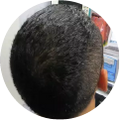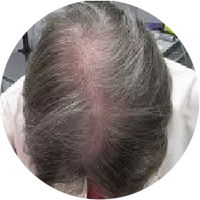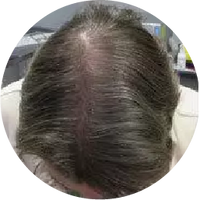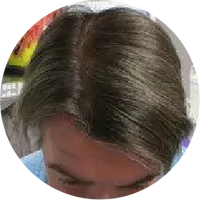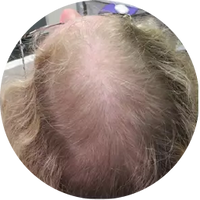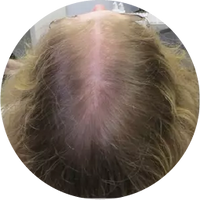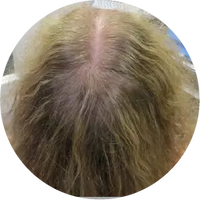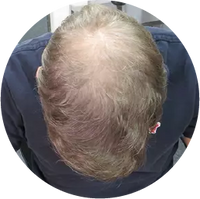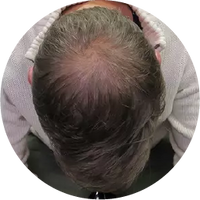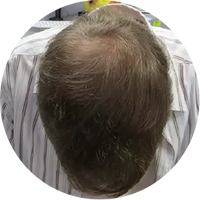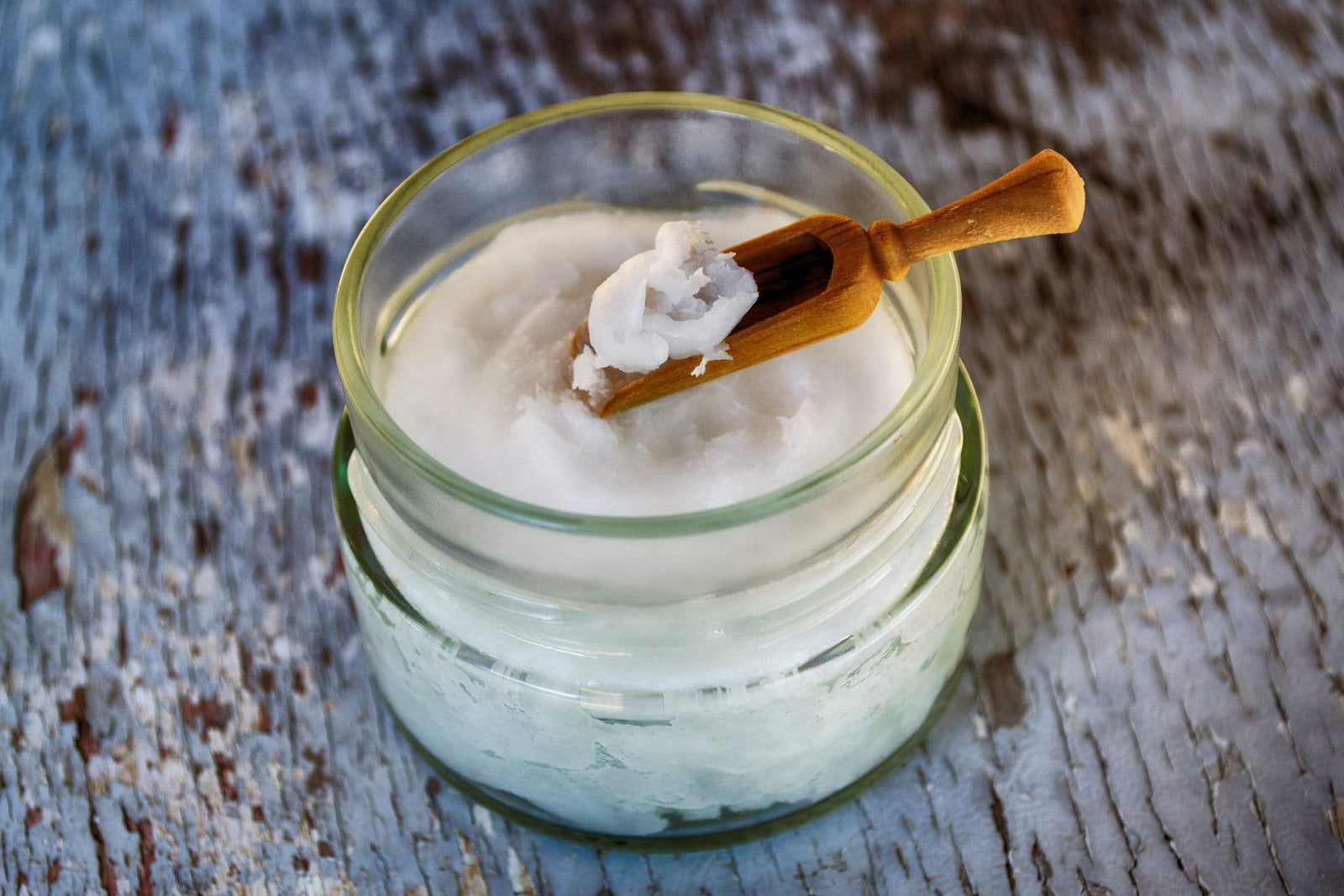
Finding the right methods to implement into your daily routine to promote hair regrowth is a daunting task due to the volume of different tactics you can utilize and the conflicting information available about their effectiveness in stimulating healthy hair growth. If you are suffering from hair loss or hair thinning, you have likely explored the many different options you can try to help promote healthy hair growth. One of the most popular options individuals try is using hair oil for hair growth. Hair regrowth oil can be an effective tool to aid in stimulating hair growth. Many people use a combination of carrier oils and essential oils for hair growth, but it can be challenging to decide how to use hair oil if you are new to hair oils. To help you understand how hair oil can help stimulate hair growth and how to use essential oils for hair growth, we have put together an introductory guide about how different types of oil can benefit your hair health, the best essential oils and carrier oils to use, and different methods to use when putting hair oil on your scalp and head.
How Hair Oils Stimulate Hair Growth and Improve Hair Health
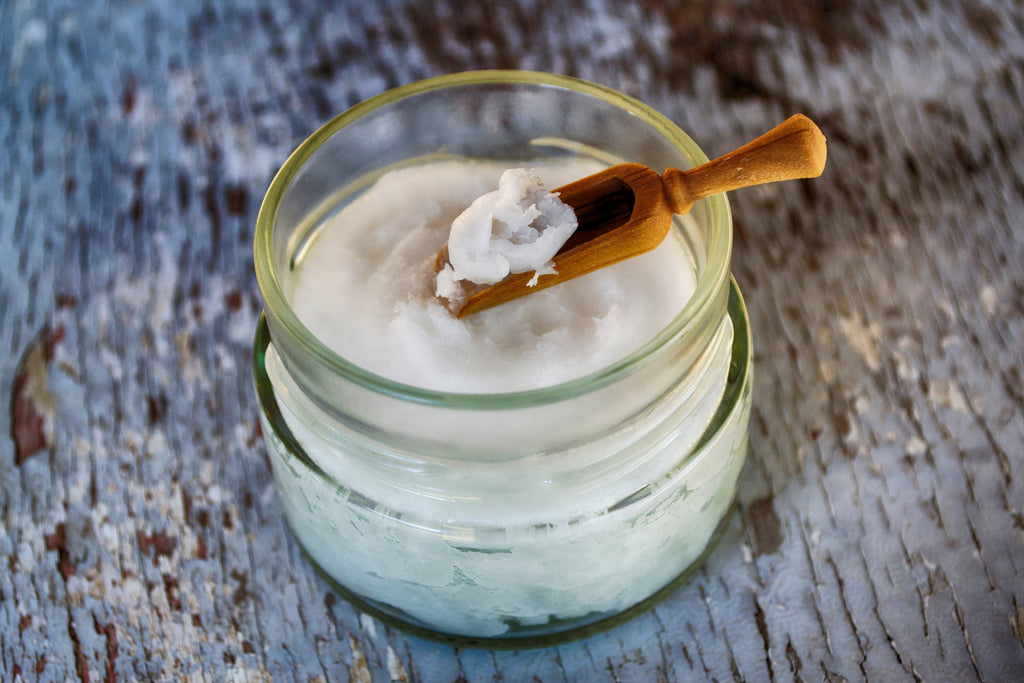
Utilizing essential oils and carrier oils to help boost healthy hair growth can seem like an odd concept to some, but these oils can have a remarkable impact on hair growth and overall hair health. Many people unintentionally disrupt and negatively affect the natural processes of hair growth through their daily habits. Before delving into how essential oils and carrier oils can boost hair growth, it is vital to understand how the human scalp and hair growth process works, the ways in which individuals interfere with this process, and the science behind how hair oils promote healthy hair growth.
On a healthy human scalp, the scalp will produce sebum. Sebum is an oily secretion that hydrates the skin of the scalp and coats each hair follicle to protect it from damage and waterproof it. When the natural processes of sebum production are disrupted or hair follicles are damaged, then the hair growth process is subsequently affected. Many people do not realize that habits in their daily routine could be contributing to a lack of healthy hair or hair growth. Below are a handful of the most common ways that individuals unintentionally disrupt the natural processes of hair growth and damage their hair.
- Eating a Nutritionally Deficient Diet: One of the most important factors of having a healthy scalp and strong hair follicles is eating a balanced, nutrient-dense diet. Your body relies on the nutrients it receives from the food you consume to fuel natural bodily processes, including hair growth. If you are eating a diet that lacks essential nutrients, your hair will be more prone to damage, it will lack shine and luster, and will grow much slower. In some cases, your hair may begin to break or fall out if you continue to eat poorly over an extended period of time. To take care of your hair, you have to take care of your body, which means eating a healthy, balanced diet of whole foods that will give your hair nutrients essential to hair growth and healthy sebum production.
- Shampooing Too Frequently:Another way that many individuals unintentionally damage their hair is by shampooing their hair too frequently. While it is important to wash your hair and keep it clean, cleaning your hair with shampoo too frequently can strip it of its natural oils, which are essential to nourishing the hair follicles and scalp. When the hair follicles are stripped of their natural oils, they are much more apt to break and will lack shine and luster. In some individuals, this lack of natural sebum will result in dandruff and a higher number of split ends.
- Using Heated Styling Tools: Heated styling tools can be a great way to maximize and enhance the appearance of your hair, but if used too frequently they can actually damage your hair over time and dry it out. This can lead to a decrease in hair growth over time.
As demonstrated above, there are many ways that the natural production of sebum and the hair growth process can be interrupted. One of the most popular ways to boost hair growth is to utilize essential oils and carrier oils. Essential oils are made from the concentrated essence of a plant and are utilized for a variety of different benefits. Depending on the type of essential oils used, there are different benefits they can offer. For example, some essential oils may be better for individuals with a dry, flaky scalp, while others may be ideal for individuals with an oily scalp. Essential oils are often paired with carrier oils to help dilute them. Because of their potency, essential oils can be harmful to their hair if soaked in them for an extended period of time. There are a variety of different carrier oils that can be used, many of which possess a number a number of hair growth benefits. By placing these oils on the surface of the scalp, the hair follicles can be hydrated, the scalp can be moisturized, and scalp circulation can be increased, all of which help to promote healthy hair growth. With this in mind, it is important to explore the top essential oils and carrier oils for improving hair health and boosting hair growth.
The Best Essential Oils and Carrier Oils for Hair Growth
Before you utilize hair oils to promote hair growth, it is important to research their respective benefits and make sure that you are selecting the right combination of oils for your hair and scalp. If you suffer from dry hair that is dandruff prone, select essential and carrier oils that help to nourish the hair and prevent dandruff. If you suffer from an overly oily scalp, select essential and carrier oils that will help rebalance sebum production on the scalp. To help you make the right selections for your hair, we have compiled a list of various essential oils and carrier oils that you can utilize and combine to make the ideal treatment for boosting hair growth. In addition to those mentioned, there are a number of other oils available that you can combine and experiment with to find that works best for you.
Essential Oils
- Peppermint Essential Oil: Not only does peppermint essential oil smell fresh and clean, it also helps to increase blood flow to the scalp, which helps stimulate hair growth. Peppermint essential oils also unclog pores on the surface of the scalp, which aids in the flow of sebum to the surface of the scalp, making it ideal for individuals prone to a dry scalp.
- Lemon Essential Oil: Lemon essential oil acts as an antimicrobial and antiseptic, which helps ward off skin infections and treat dandruff. Lemon essential oil is also ideal for individuals with an oily or dry scalp because it can clarify the scalp, which helps promote healthy hair growth. For individuals who suffer from scalp acne, lemon essential oil can also help treat and prevent scalp acne because of its antiseptic properties.
- Lavender Essential Oil: Lavender essential oil improved blood circulation on the scalp, which promotes healthy hair growth and can help prevent hair loss. In addition, lavender essential oil moisturizes hair follicles, balances sebum production, and nourishes the scalp, making it beneficial for individuals experiencing dandruff.
- Rosemary Essential Oil: Rosemary essential oil can be beneficial for individuals suffering from a greasy or oily scalp because it helps to scale down sebum production. In addition, it can clear the pores on the scalp, which can reduce the appearance of dandruff and diminish itchiness. Rosemary, essential oil can also help to prevent hair thinning and hair graying because of its high number of antioxidants.
- Clary Sage Essential Oil:Clary sage essential oil can help to balance hormones and reduce stress, which is beneficial for individuals suffering from hair loss due to hormonal imbalance of stress, such as telogen effluvium, trichotillomania, or alopecia areata. Clary sage essential oil also possesses a high phytoestrogen content, which helps to reduce the appearance of premature balding. Clary sage essential oil also helps to regulate sebum production on the surface of the scalp.
Carrier Oils
- Jojoba Oil: Jojoba oil is an ideal carrier oil to use because of how closely it resembles human sebum. In addition, jojoba oil has a high rate of absorption which helps to nourish and moisturize hair follicles.
- Argan Oil:Argan oil is rich in antioxidants, vitamins A and E, and oleic and linoleic fatty acids, which helps to nourish the scalp and hair, thereby repairing hair damage and split ends.
- Grapeseed Oil: Grapeseed oil contains a high number of antioxidants, proteins, minerals, vitamin E, and linoleic acids, which to promote healthy hair growth. Grapeseed oil also is a mild astringent and possesses antiseptic properties, making it ideal for oily or acne-prone scalps.
- Coconut Oil: Coconut oil is one of the most popular carrier oils because of its anti-inflammatory, antibacterial, and antifungal properties that help to nourish the scalp and hair follicles.
- Castor Oil: Castor oil contains ricinoleic acid, which is a rare unsaturated fatty acid that helps to boost circulation in the scalp, unclog pores, and accelerates hair growth.
How to Use Hair Oils

Before you begin experimenting with hair oils, it is vital to understand how to properly use them so that you do not inadvertently damage your hair and are maximizing the benefits of the oils. The most important facet of making your own hair oil mask us using the right dilution rate to ensure that the potency of the essential oils is properly balanced. For an adult on average, you should use a two percent dilution rate for essential oils, which means roughly 2 drops of essential oils for every teaspoon of carrier oils utilized. From there, there are a variety of different methods you can utilize to maximize the effectiveness of your hair treatment. Below are a few examples of methods you can utilize for using your hair oils to boost hair growth.
- Quick Treatment:Simply apply your treatment to the scalp and hair and leave on for fifteen to twenty minutes before rinsing out with shampoo. To give you treatment an extra boost, massage it into the scalp to improve blood flow.
- Hot Oil Treatment:This is one of the best ways to stimulate hair growth. Simply heat the carrier oil in the microwave or a pan until it is a comfortably warm temperature (do not boil or overheat it as this can damage your hair and scalp). Once it is warm, remove it from the heat and mix in the essential oils you will be using. Then apply to your scalp and hair until it is saturated. Once saturated, massage the oils gently into your scalp to promote circulation. Cover your hair with a shower cap or a hot towel for fifteen to twenty minutes to allow it to penetrate the hair follicles. After the time has elapsed, wash your hair with shampoo to remove the excess oil.
- Capsule Treatment: Look for a capsule form of the desired oil and implement it into your daily vitamin regimen.
- Overnight Treatment: Follow the same steps as in the quick treatment, but instead of washing the oils out after fifteen to twenty minutes, place your hair in a shower cap and allow the oils to sink in overnight before rinsing out with shampoo in the morning.
How Scalp Med Can Help You
For individuals that are experiencing hair loss due to hereditary or non-hereditary factors, hair oils may help to promote healthy hair growth, but it is unlikely they will reverse hair loss. If you want to regrow your lost hair without surgery, Scalp Med’s two-step, proprietary process can quickly halt and reverse hair loss and hair thinning due to hereditary and non-hereditary factors.
The post How to Use Hair Oil For Growth appeared first on Scalp MED.



